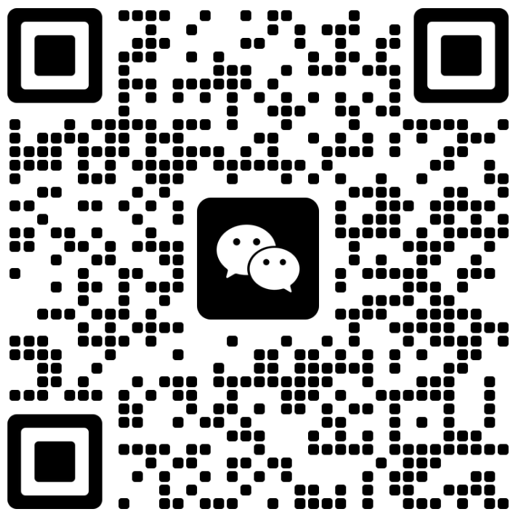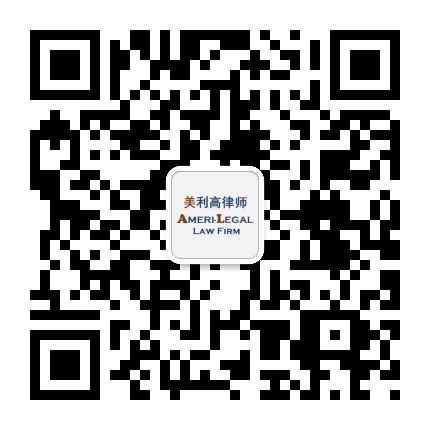The H-1B visa classification applies to the foreign nationals who wish to be employed by a U.S. employer in the United States in specialty occupation positions.
H-1B CAP (“Lottery Registration”)
The H-1B petition is subject to the congressionally mandated cap of 65,000 H-1B visas (commonly known as the “regular cap”) or the advanced degree exemption. The advanced degree exemption is an exemption from the H-1B cap for beneficiaries who have earned a U.S. master’s degree or higher and is available until the number of beneficiaries who are exempt on this basis exceeds 20,000. The H-1B cap petitions may not be filed unless based on a valid and selected registration for the beneficiary named in the petition.
H-1B Visa Eligibility
The occupation requires: a. Theoretical and practical application of a body of highly specialized knowledge. b. Attainment of a bachelor's or higher degree in the specific specialty (or its equivalent) as a minimum for entry into the occupation in the United States.
The position must also meet one of the following criteria to qualify as a specialty occupation:
- Bachelor’s or higher degree or its equivalent is normally the minimum entry requirement for the particular position.
- The degree requirement is common to the industry in parallel positions among similar organizations or, in the alternative, the job is so complex or unique that it can be performed only by an individual with a degree.
- The employer normally requires a degree or its equivalent for the position.
- The nature of the specific duties is so specialized and complex that the knowledge required to perform the duties is usually associated with the attainment of a bachelor’s or higher degree.
The H-1B beneficiary must:
- Hold a U.S. bachelor’s or higher degree required by the specialty occupation from an accredited college or university.
- Hold a foreign degree that is the equivalent to a U.S. bachelor’s or higher degree required by the specialty occupation from an accredited college or university.
- Hold an unrestricted state license, registration, or certification that authorizes you to fully practice the specialty occupation and be immediately engaged in that specialty in the state of intended employment.
How to Apply
- Since 2020, the U.S. employer must submit an electronic registration for the H-1B cap-subjected petition. Only a valid and selected H-1B registration is eligible for an H-1B filing with USCIS.
- Employer files LCA to DOL to receive a certification of an LCA.
- Employer files Form I-129 with certified LCA and supporting documents with USCIS.
- In case the H-1B beneficiary is abroad, the H-1B beneficiary may apply for an H-1B visa in the U.S. consulate abroad after the Form I-129 H-1B petition is approved by USCIS, if a visa is required.
- The H-1B beneficiary then will apply for admission in H-1B status at the U.S. port-of-entry no earlier than 10 days prior to the start date of employment.
Period of Stay
The initial admission is up to three years. The time period may be extended, but generally cannot go beyond a total of six years, unless 365 days or more have passed since either an application for Labor Certification or a petition for immigrant worker (Form I-140) has been filed on the H-1B beneficiary’s behalf.
Dependents’ H-4 Status
H-1B beneficiary’s spouse and unmarried children under 21 years old may seek admission in the H-4 nonimmigrant status with the same period of stay as the H-1B beneficiary. When an immigrant worker (Form I-140) has been approved on behalf of the H-1B beneficiary, the dependent spouse may apply for Form I-765 work authorization to work in the U.S.



